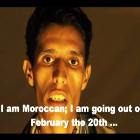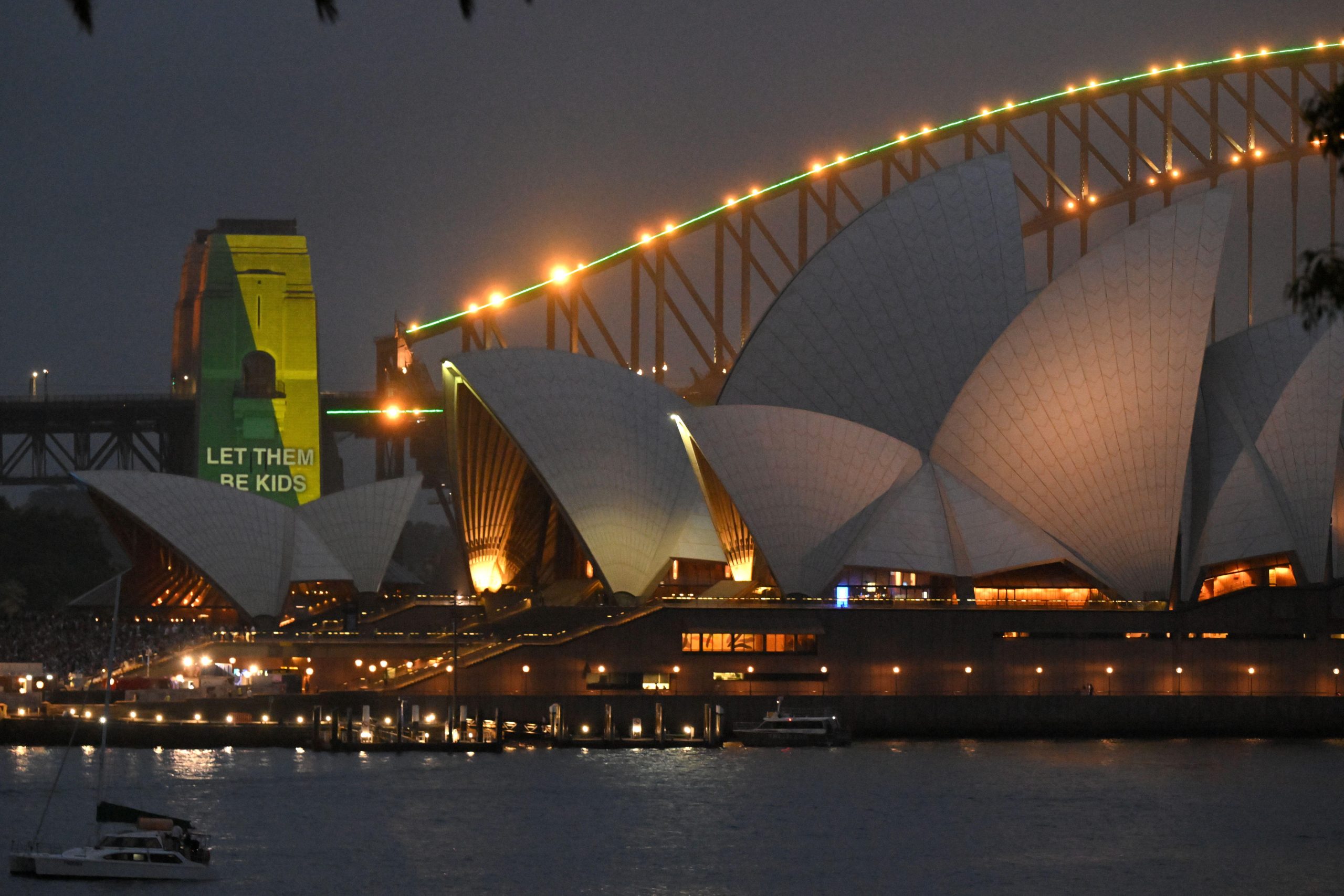
Moroccan youth organised protests through YouTube, Twitter and Facebook, just like activists across the Arab world. But are their aims the same? Jillian C York reports
In the days leading up to Morocco’s 20 February “Movement for Dignity,” foreign predictions for the actions on the ground were as jumbled as usual. Some saw the planned demonstrations as yet another uprising, following in the footsteps of neighboring Tunisia and Egypt, while others saw it as a movement doomed to fail.
Moroccans, not unlike their Egyptian counterparts, had used social media to get the word out about the demonstrations; two well-produced YouTube videos featuring youth statements of “I am a Moroccan and I’m joining because…” went viral in the days before the protests; the videos used Moroccan Darija and Berber dialects but were subtitled in French and English. On Twitter, young Moroccans made use of the hashtag “#feb20” and on Facebook, a number of groups created for the purpose of news-sharing cropped up.
In the face of this well-organised campaign came a counter-campaign: On Twitter, new accounts spouted angry messages at those expressing support for the protest, while on Facebook, accounts were hacked and defaced, likely by Moroccan ultra nationalists. The state news agency, Maghreb Arab Press, claimed on 19 February that the protests had been cancelled, forcing supporters to spread their message more virulently than before.
In reality, 20 February was a day not unlike many others: Moroccans from different walks of life took to the streets in protest, as they have so many times before, to speak out against corruption and for meaningful constitutional reform. They were not trying to overthrow the king, and despite propaganda unleashed by ultra nationalists in the weeks preceding, they were not a movement of the Polisario Front. In the end, they were several thousand (estimates say 37,000) Moroccans, both leftists and Islamists and many in between, marching in the streets for a better life, and a transition toward a parliamentary democracy.
The day was not without trouble; in Marrakesh, “hooligans” (as most have described them) following the protests destroyed various commercial properties, including a bank; that incident reportedly resulted in five deaths. In Larache, Al Hoceima, and Tangier, similar vandalism occurred. But for the vast majority, the protest was without incident.
There are a number of explanations for why Morocco should be viewed differently from Tunisia and Egypt. The country is not like its neighbours in many ways: Protests are common, and the king retains broad support from much of his populace, who see him fit for his title, “commander of the faithful”. Nevertheless, the rampant corruption in the country is undeniable, and to many, Makhzen — the term used for the governing elite — is a dirty word.
Morocco does not suffer from the pervasive censorship of its neighbors either. The press is free, save for a few subjects: criticism of the royal family, insults toward Islam, and support for the Western Sahara remain taboo. The Internet too is mostly free: only a handful of pro-Saharawi sites and free proxies remain blocked, along with — rather inexplicably — Google Earth and Livejournal. And though bloggers have been arrested in the country, just like in Egypt and Tunisia, all were pardoned shortly thereafter.
So what might come of the protests? The day following the protests, King Mohammed VI announced in a speech the formation of a new Social and Economic Council, stressing human rights, dignity, sovereignty, and of course, the throne. In a country where opinion over the role of royalty remains so divided, the king surely sought to pacify the protesters without riling his supporters. Though this was undoubtedly not the outcome protesters had hoped for, it is possibly yet another positive step in a country that has made great strides during the current king’s 12-year rule.
On the other hand, some of the Movement for Dignity’s supporters remain determined to stay the course, staging sit-ins in Rabat and elsewhere today. As Moroccans make their choice — join the continuing protests or accept the status quo — it remains yet unclear as to what will be the outcome.





